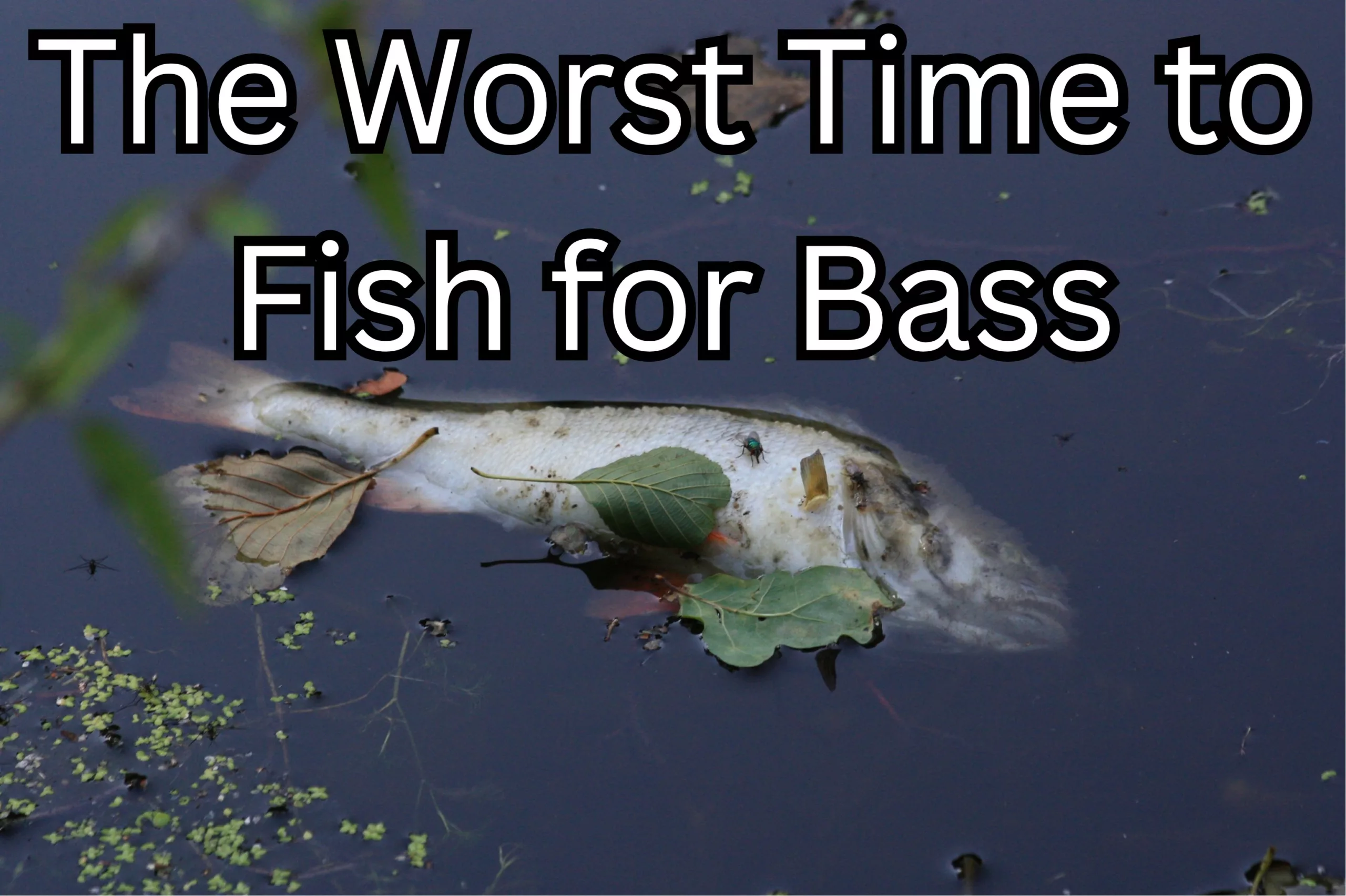Bass fishing is a popular sport and pastime for many, promising the thrill of the catch, the rush of the struggle, and the satisfaction of success. However, every seasoned angler knows that understanding bass behavior is vital in making each fishing trip a success. This article unravels the mysteries surrounding the worst times to fish for bass, helping you strategize and maximize your fishing potential.
Understanding Bass Behavior
Before diving into the specifics of when not to fish for bass, it’s crucial to understand the behavior of these finned creatures. Bass, whether they are Largemouth, Smallmouth, or Spotted, are primarily ambush predators. This means they prefer to hide and wait for their prey rather than actively pursuing it. Environmental factors such as temperature, light, and food availability significantly influence their behavior and feeding patterns.
The Role of Temperature
Temperature is an essential determinant of bass activity. Bass are cold-blooded creatures, and their metabolism directly correlates with water temperature. During extremely cold periods, such as in the heart of winter, their metabolism slows down drastically, making them lethargic and less likely to bite.
Conversely, extreme heat during peak summer can also deter bass activity. The warmer water decreases oxygen levels and pushes bass to seek deeper, cooler waters, making them harder to reach for anglers.
The Impact of Light
Bass are known for their excellent vision, which they use strategically for hunting. During the bright midday sun, bass tend to retreat to sheltered areas, making this period a potentially poor time for fishing. On the other hand, bass are more active during low light conditions such as dawn, dusk, or overcast days when they can hunt with an advantage.
Food Availability and Bass Fishing
Seasonal shifts in food availability can influence the best and worst times to fish for bass. For instance, during the spawn of their favored prey, such as shad or crawfish, bass tend to feed aggressively, making it a good time for fishing. Conversely, after these feeding frenzies, bass can become less active, reducing your chances of making a catch.
Other Factors Influencing Bass Fishing Success
Bass fishing isn’t just about picking the right time; it also requires the correct techniques. Lures, bait, fishing equipment, and the angler’s skill and patience all play a crucial role in the success of the fishing endeavor.
Conclusion: Timing Matters in Bass Fishing
Though bass can be caught year-round under the right circumstances, understanding the worst times to fish for bass can make your experience more fruitful. Avoiding periods of extreme temperatures, bright sunlight, and times following intense feeding periods will improve your chances of landing a bass. Always remember that patience, knowledge, and respect for nature are key elements in making every fishing trip a success.
Bass fishing is as much a science as it is an art. Every outing is a chance to learn more about these fascinating creatures and to refine your angling techniques. Here’s to more fruitful fishing trips in your future! Happy angling!

